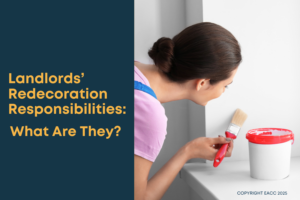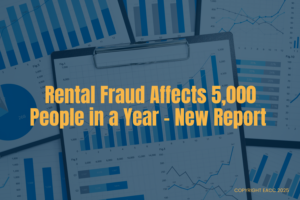With many local people looking to see how they can help those fleeing the war in Ukraine, questions are being asked about what this means for tenants who want to help or landlords letting their property.
Registration is at the heart of the scheme and those registered will receive updates from the Department for Levelling Up, Housing and Communities (DLUHC), which has also published guidance which outlines that the scheme is a unique arrangement of non-paying guests, so sits outside the usual tenancy regimes.
There are security checks on individuals and assessments to ensure that accommodation is appropriate as the scheme requires the accommodation must be self-contained or comprise at least a spare room that is unoccupied.
For those in the private rented sector, the Government has made it clear that tenants must ask permission from the landlord if they wish to be a sponsor. Neither landlords nor tenants (nor homeowners) are permitted to charge rent. The Government is offering a payment of £350 per month, per residential address and payments are available for up to 12 months.
The Association of British Insurers has said that while homeowners accommodating applicants to the Homes for Ukraine scheme in their homes will not be required to contact their insurer. However, where the sponsor is a landlord or a tenant, the insurer will need to be notified. It is advised that both landlords and homeowners with mortgages on the accommodation should notify their mortgage lender.
It is important to note that those making accommodation available must be confident that it can be provided for a minimum of six months. If the arrangement needs to end early, it will fall to the local authority to find alternative accommodation. The term can be extended beyond six months if mutually agreed and the guidance states: “If you don’t want to continue the arrangement beyond six months, you should let your guest know in plenty of time (for example, one month) so they can make other arrangements.
“Ukrainian people on this scheme have access to public funds during their time in the UK, and at the end of their sponsorship will be able to rent a property like anyone else. If they need further support, your local authority can support them in finding alternative accommodation.”
The Government has said that further information around the status of the arrangement and the role of the local authority in offering wider support around employment, education and healthcare will be available shortly. Propertymark is working closely with the DLUHC, especially to relay what this means in all the detail for those in the private rented sector and updates will be ongoing.
Homes for Ukraine is a unique scheme brought in, at this dreadful time and if I can help with any advice for landlords or tenants looking to be part of it, please let me know. Also do not hesitate to contact me if you would like any advice on our local property market.






